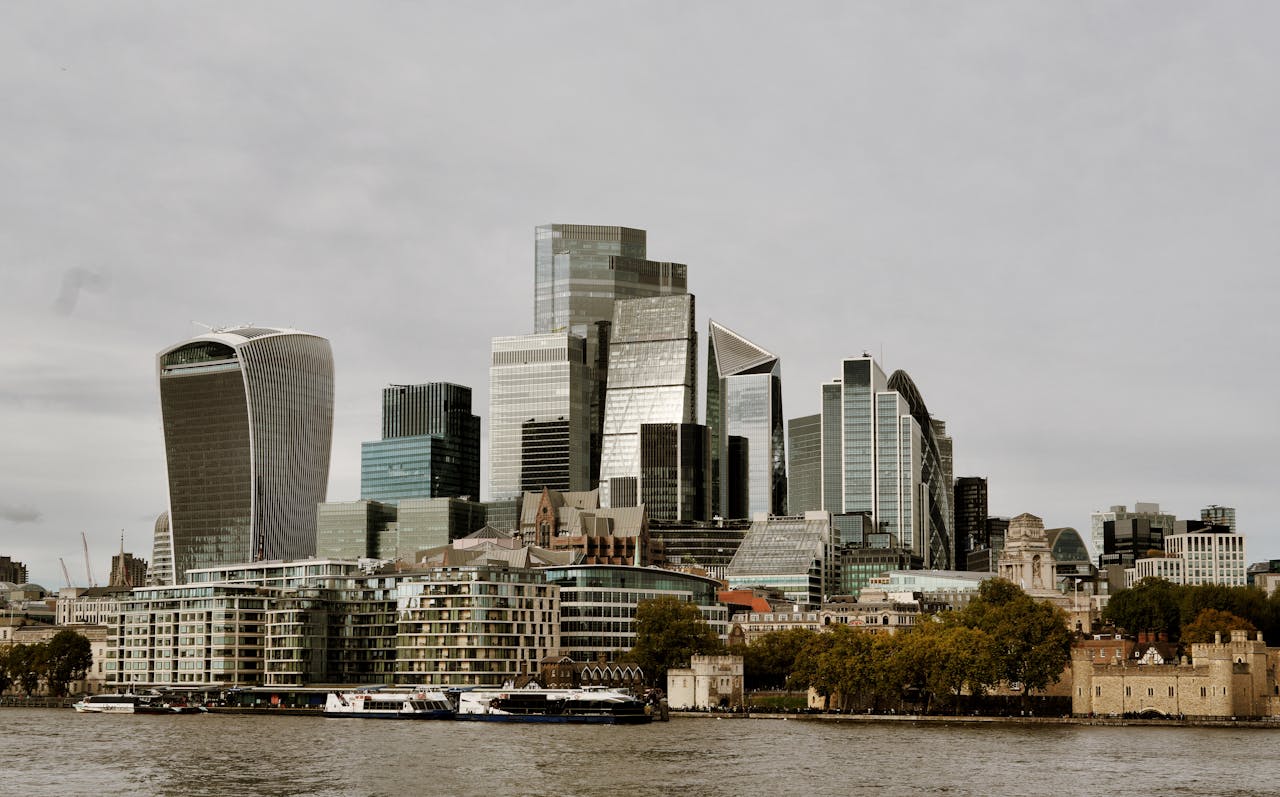The Zero Carbon Revolution: How UK Businesses Can Lead the Change
As climate change continues to pose a formidable threat to our planet, the urgency for action has never been clearer. The UK has committed to achieving net-zero carbon emissions by 2050, prompting businesses to rethink their operations and implement sustainable practices. This zero carbon revolution offers an opportunity for UK businesses to not only fulfil their environmental responsibilities but also gain a competitive edge in an increasingly eco-conscious marketplace.
What Does Zero Carbon Mean?
Zero carbon refers to the balance between the carbon emitted and the carbon offset. For businesses, achieving this goal means drastically reducing greenhouse gas emissions and offsetting any remaining emissions through initiatives like tree planting, renewable energy projects, or carbon capture technologies. This shift necessitates a fundamental rethinking of how companies operate, engage with their supply chains, and connect with their customers.
For individuals on benefits seeking financial assistance, options like WageDayAdvance offer tailored loan solutions. These loans are designed to help bridge financial gaps while considering the unique circumstances of benefit recipients. With flexible repayment terms and a straightforward application process, WageDayAdvance provides a viable pathway to meet urgent financial needs.
The Business Imperative for Sustainability
Transitioning to zero carbon is no longer just a …


